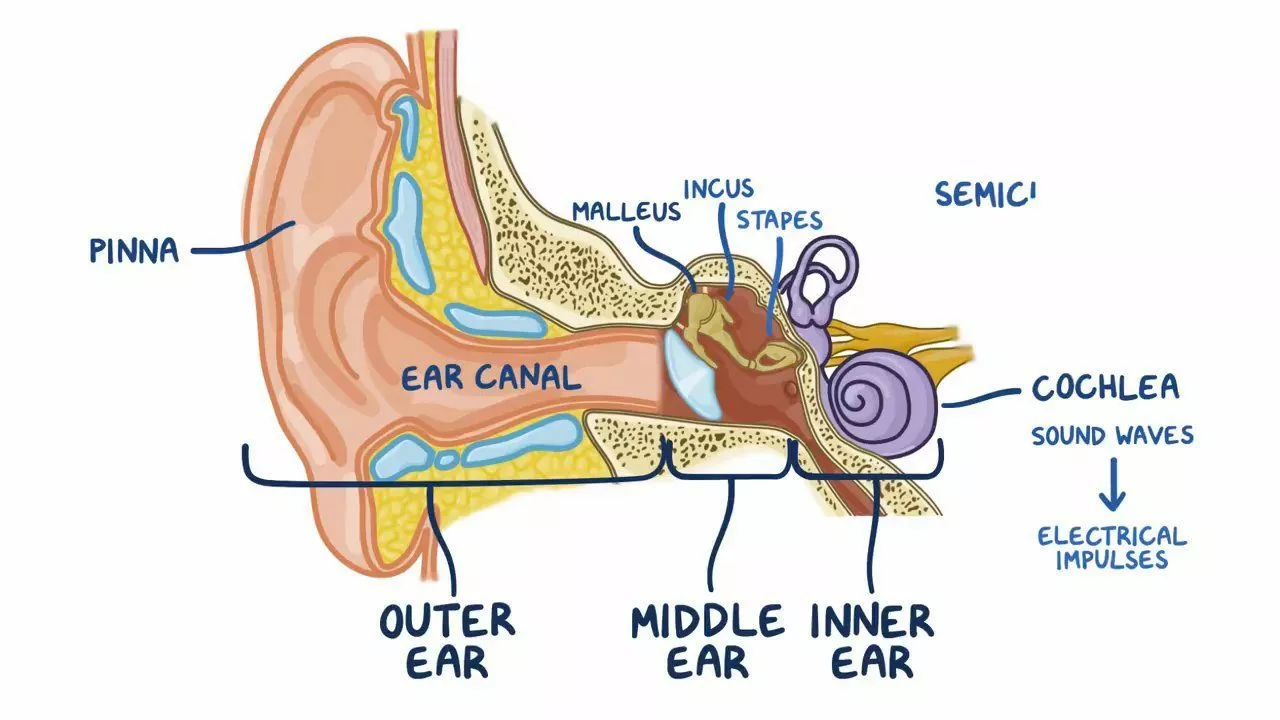Ear hygiene: quick, safe habits for healthy ears
Your ears mostly take care of themselves. Earwax protects the ear canal and traps dust. You only need to clean the outer ear and handle wax gently—most problems start when people poke inside with cotton swabs or fingers.
Never stick cotton swabs, hairpins, or earbuds into the ear canal. They push wax deeper, can scratch the skin, and sometimes cause a perforated eardrum. If you feel fullness, muffled hearing, or pain after using a swab, stop and see a clinician rather than keep probing.
Safe home care
Wipe the outer ear with a damp cloth after showering. To soften stubborn wax, use a few drops of warm olive oil or mineral oil twice daily for a few days. Over‑the‑counter ear drops with carbamide peroxide can also help; follow package directions and stop if you feel pain.
If you choose gentle irrigation at home, use a bulb syringe with warm (body temperature) water and aim the stream along the ear canal wall, not directly at the eardrum. Only irrigate if you have no ear pain, no history of eardrum perforation, and no ear tubes. If you’re unsure, skip irrigation and see a professional.
When to see a professional
Go to a doctor if you have severe pain, fever, a sudden drop in hearing, discharge or blood from the ear, dizziness, or if home methods do not help. Clinicians remove wax safely with suction, a curette, microsuction, or controlled irrigation. These methods are faster and safer than self-treatment for impacted wax.
Avoid ear candles. They do not remove wax and can burn the ear, face, or hair. Also avoid pouring undiluted hydrogen peroxide or unregulated chemical mixes into your ears—these can irritate the skin and damage the middle ear if a perforation exists.
After swimming, tilt your head to drain water and gently wipe the outer ear. If you often get swimmer’s ear, a mix of equal parts rubbing alcohol and white vinegar in a dropper bottle can help dry the canal and reduce bacteria after swimming, unless you have a perforated eardrum.
Keep earbuds and hearing aids clean. Wipe earpieces regularly and don’t share them. Limit loud music to protect hearing; long exposure above 85 dB can cause permanent damage.
Kids need extra care. Never use cotton swabs on children. If a child frequently gets impacted wax or ear infections, ask your pediatrician about safe removal and prevention strategies.
If you have ear pain after flying, try yawning or chewing gum to open the Eustachian tube; if hearing stays blocked after two days, see a doctor. Mention allergies or ongoing sinus problems to your clinician — treating those often improves ear blockage and reduces wax buildup.
Quick checklist: clean only the outer ear, soften stubborn wax with oil or approved drops, avoid cotton swabs and ear candles, dry ears after swimming, and seek professional help for pain, discharge, or persistent hearing changes. Healthy ears are simple to keep—mostly hands off and smart habits.

The Importance of Ear Hygiene in Preventing Ear Canal Infections
As a blogger, I cannot stress enough the importance of maintaining good ear hygiene to prevent ear canal infections. Keeping our ears clean plays a crucial role in warding off bacteria and protecting our hearing. Many people may not realize that excessive earwax can lead to infections, and using cotton swabs can push wax deeper into the ear canal. To maintain healthy ears, I recommend regular check-ups with a healthcare professional and using safe techniques for ear cleaning. Remember, a little care goes a long way in ensuring our ears remain infection-free and functioning at their best.
read more
